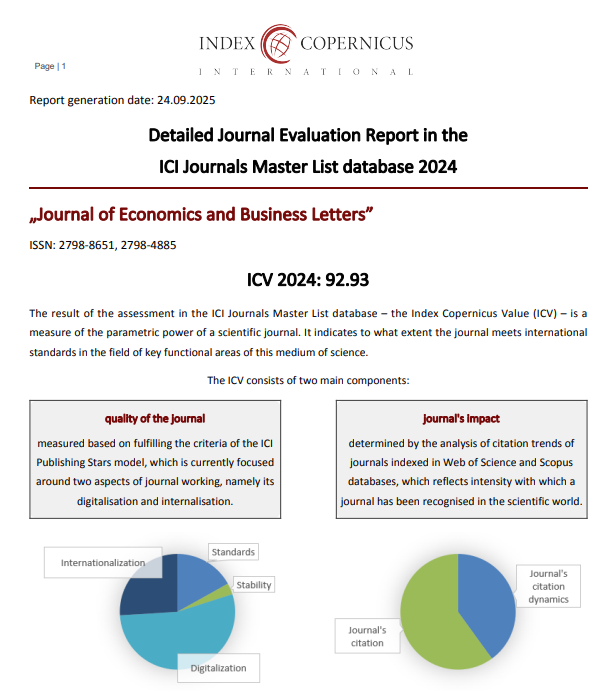Optimizing human capital: Strategies and challenges in Indonesia's HR landscape
DOI:
https://doi.org/10.55942/jebl.v2i1.280Keywords:
Human Resource Management, Talent Acquisition, Employee Retention, Digital Transformation, IndonesiaAbstract
This research investigates the evolving landscape of Human Resource (HR) management in Indonesia, highlighting strategic approaches and identifying key challenges within the context of globalization and technological advancements. Indonesia, characterized by its diverse workforce and dynamic economy, faces unique HR management challenges, including talent acquisition, employee retention, and the integration of technology in HR practices. Utilizing a comprehensive literature review and analysis of current practices, this study examines effective HR strategies implemented by Indonesian companies and assesses their impact on organizational performance and employee satisfaction. Furthermore, it explores the role of cultural factors in shaping HR management in Indonesia and the implications of digital transformation for HR practices. The findings suggest a critical need for Indonesian businesses to adopt more integrated and adaptive HR strategies that align with global trends while considering local cultural nuances. This study contributes to the broader discourse on HR management in emerging economies and provides insights for policymakers, business leaders, and HR professionals aiming to navigate Indonesia's complex HR landscape.
References
Adila, T. M., Bintang, W. S., Ikhsan, R. B., & Fahlevi, M. (2020, August). Instagram as information in developing purchase intentions: The role of social E-wom and brand attitude. In 2020 International Conference on Information Management and Technology (ICIMTech) (pp. 427-431). IEEE.
Albrecht, S. L., Bakker, A. B., Gruman, J. A., Macey, W. H., & Saks, A. M. (2015). Employee engagement, human resource management practices and competitive advantage: An integrated approach. Journal of organizational effectiveness: People and performance, 2(1), 7-35.
Bratton, J., Gold, J., Bratton, A., & Steele, L. (2021). Human resource management. Bloomsbury Publishing.
Cascio, W. F., & Aguinis, H. (2014). Applied psychology in human resource management. Pearson.
Ekhsan, M., Aeni, N., Parashakti, R., & Fahlevi, M. (2019, November). The Impact Of Motivation, Work Satisfaction And Compensation On Employee's ProductivityIn Coal Companies. In 2019 1st International Conference on Engineering and Management in Industrial System (ICOEMIS 2019) (pp. 406-415). Atlantis Press.
Fahlevi, M., Saparudin, M., Maemunah, S., Irma, D., & Ekhsan, M. (2019). Cybercrime business digital in Indonesia. In E3S Web of Conferences (Vol. 125, p. 21001). EDP Sciences.
Guest, D. E. (2017). Human resource management and employee well‐being: Towards a new analytic framework. Human resource management journal, 27(1), 22-38.
Hecklau, F., Galeitzke, M., Flachs, S., & Kohl, H. (2016). Holistic approach for human resource management in Industry 4.0. Procedia Cirp, 54, 1-6.
Stone, D. L., Deadrick, D. L., Lukaszewski, K. M., & Johnson, R. (2015). The influence of technology on the future of human resource management. Human resource management review, 25(2), 216-231.
Sutia, S., Riadi, R., & Fahlevi, M. (2020). The Influence of supply chain performance and motivation on employee performance. International Journal of Supply Chain Management, 9(2), 86-92.
Ulrich, D. (1996). Human resource champions: The next agenda for adding value and delivering results. Harvard Business Press.
Downloads
Published
How to Cite
Issue
Section
License
Copyright (c) 2022 Journal of Economics and Business Letters

This work is licensed under a Creative Commons Attribution 4.0 International License.
















